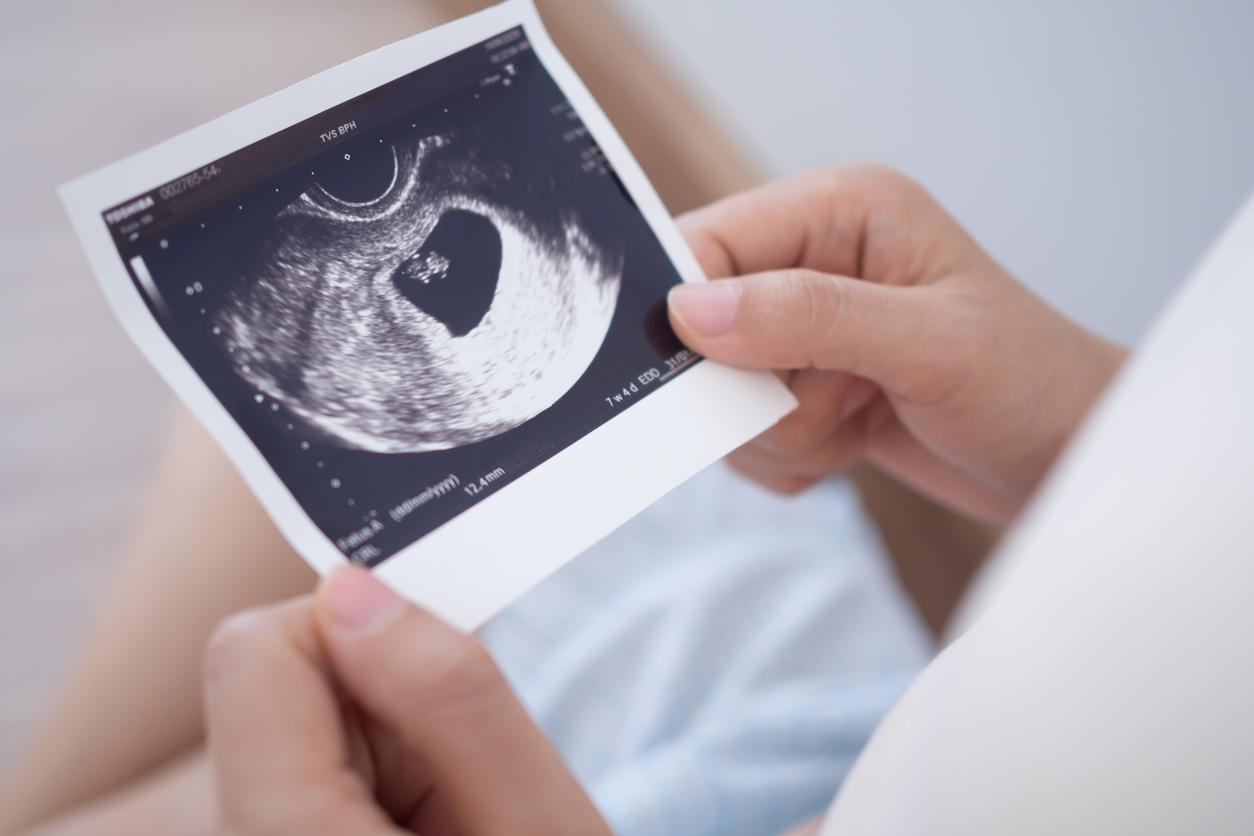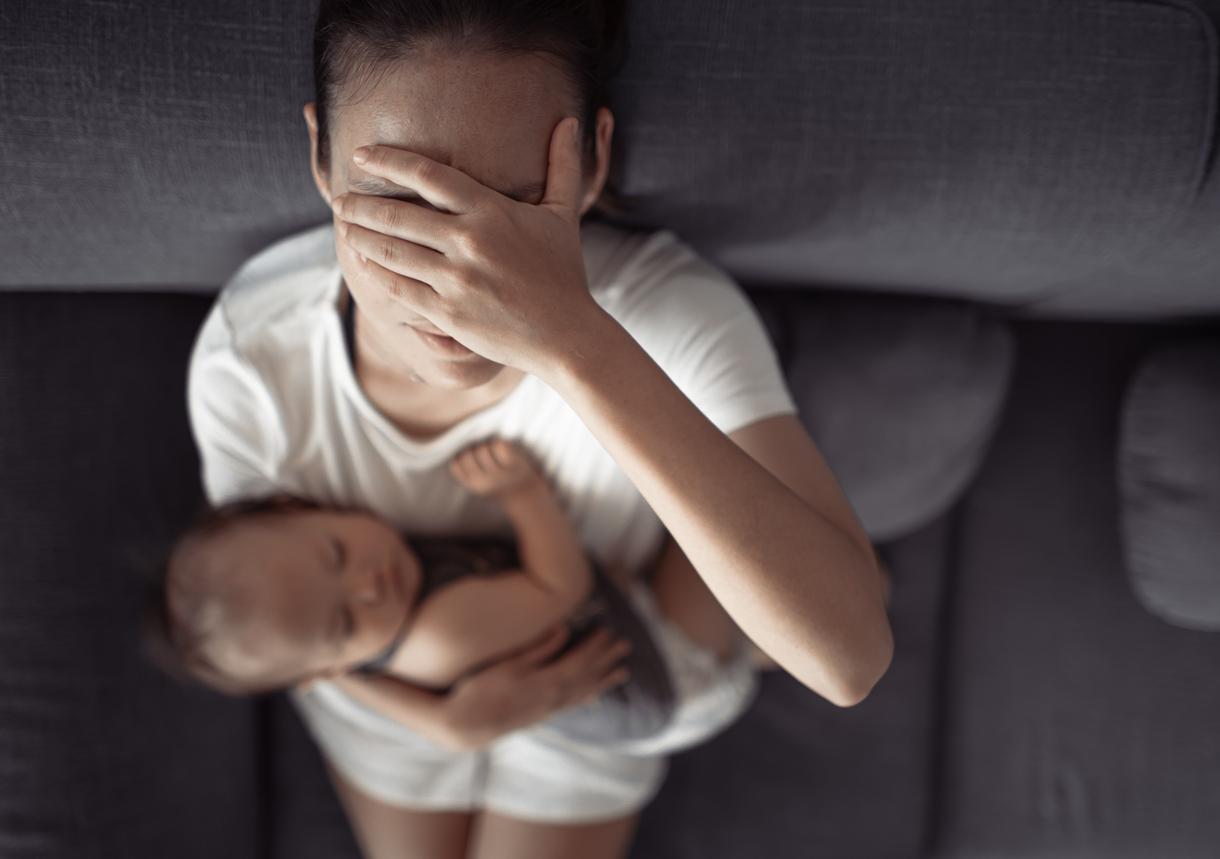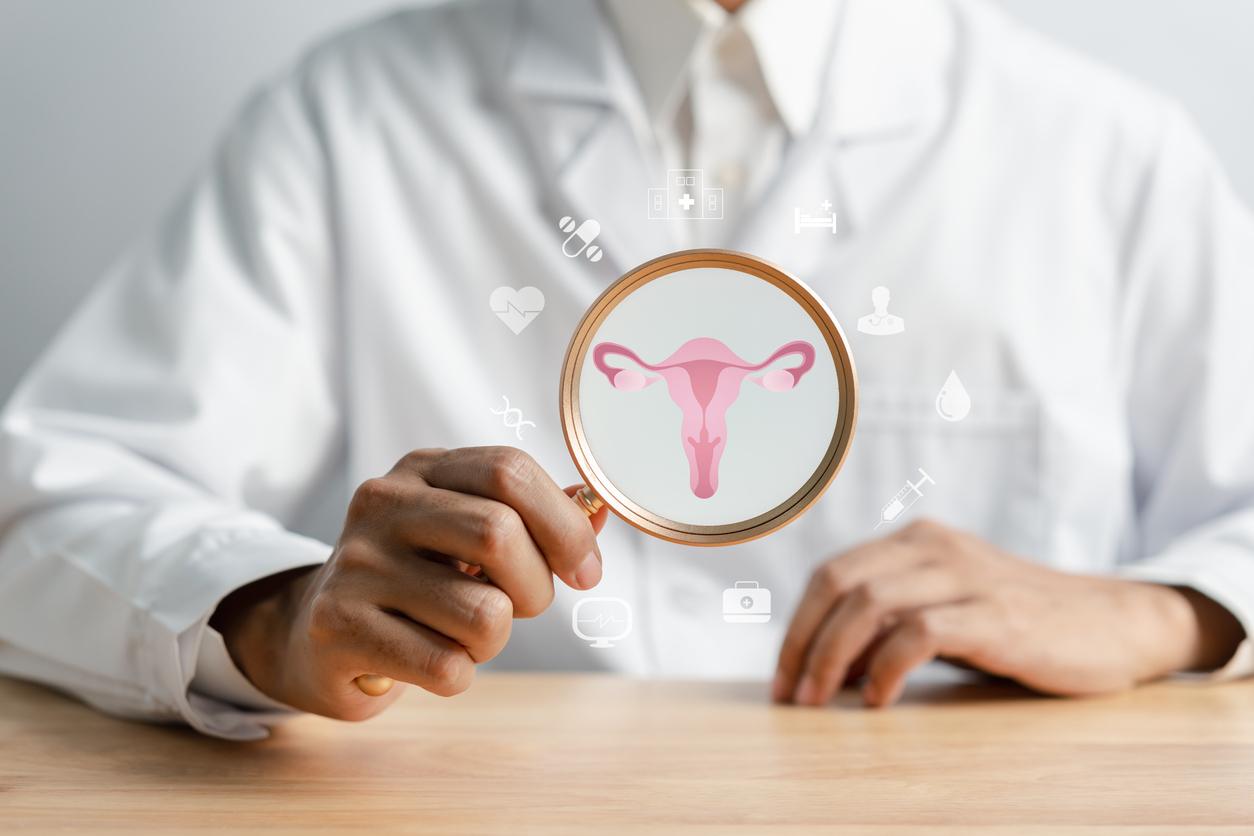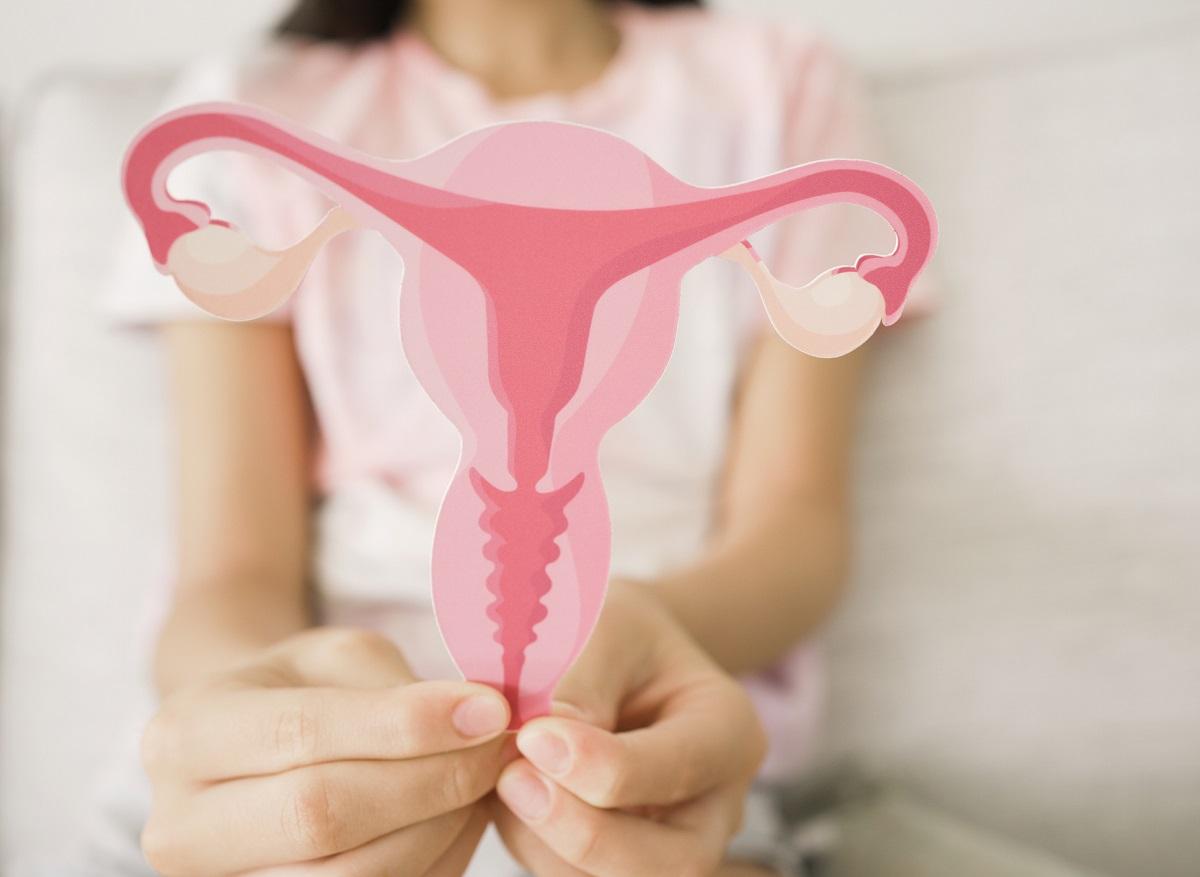Prisca Thevenot suffered from PCOS and postpartum depression.

- Prisca Thevenot is currently government spokesperson.
- The minister admitted in a recent interview that she suffered from PCOS and postpartum depression.
- She also faced school bullying from her youngest son.
Government spokesperson Prisca Thevenot says, in an interview given to Closerthe trials she had to overcome on her path to motherhood.
Postpartum depression: “for two years, I lived in a monstrous tunnel”
“At 11 years old, a gynecologist told me that I would never be able to have children because of PCOS (polycystic ovarian syndrome), which affects 13% of women, almost as many as endometriosis,” first explains the 39-year-old minister. “Since then, I met my husband, miraculously got pregnant, carried my babies in my arms…”, she continues.
To this gynecological illness will be added enormous postpartum depression. “Everything was going well until postpartum depression. For two years, I lived in a monstrous tunnel, even though I was lucky enough to be very well surrounded…”, she confides.
The politician was also confronted with the school harassment of her second child, an ordeal which particularly upset her. “Recently, my little one was made fun of at recess after talking about a romantic affair and I received a text message from management. I did not hesitate for a single second to leave the chamber of the National Assembly to join the school”she says.
Postpartum depression and PCOS: what did Prisca Thevenot suffer from?
Polycystic ovary syndrome (PCOS) is the most common hormonal disease among women of childbearing age. “It can cause fertility and hair loss disorders (hirsutism), as well as metabolic complications (diabetes). To date, there is no specific treatment,” specifies Inserm.
10 to 20% of mothers are affected by postpartum depression in the weeks following childbirth. “This disorder associates intense and unexplained sadness, emotional irritability, sleep disturbances, negative beliefs with a feeling of guilt, a loss of interest in the infant, a depreciation of maternal skills, even suicidal ideas”indicates Health Insurance.
Many risk factors for postpartum depression have been identified:
- personal history of postpartum depression;
- mood disorders ;
- personal or family psychiatric history;
- depression or anxiety during pregnancy;
- psychotrauma related to childbirth;
- negative events during pregnancy;
- perinatal bereavement;
- marital conflicts;
- social isolation ;
- social insecurity;
- unwanted pregnancy;
- primiparity (first pregnancy);
- obstetric history (in utero death, fetal malformation, termination of pregnancy, premature birth, etc.);
- pathological pregnancy;
- neonatal morbidities.


















